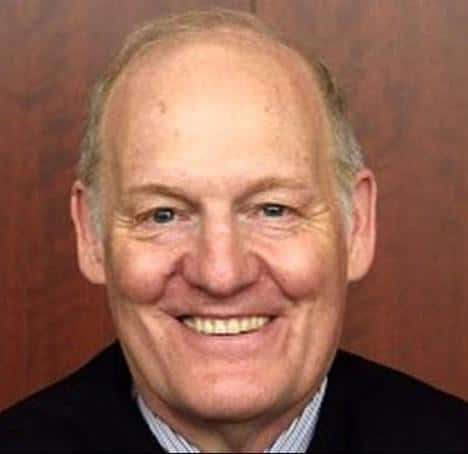Virginia judge uses 1849 slave code to rule on frozen embryos in over couple's legal dispute

FAIRFAX COUNTY, VIRGINIA: The decision of a Virginia judge to classify frozen embryos as 'property' based on a slave code from 1849 has been criticized. The ruling was made after an infertile woman requested to use embryos created with her ex-husband.
Honeyhline Heidemann, 45, and her ex-husband Jason Heidemann, 43, are currently embroiled in a heated legal dispute over whether Honeyhline can use the two frozen embryos they created during their marriage. In an unusual ruling, Judge Richard Gardiner of Fairfax County Circuit Court permitted the case to proceed to trial as frozen embryos may be regarded as "goods or chattels." The ruling was based on a 19th-century law that classified enslaved individuals as property, prompting criticism within the legal community.
READ MORE
Nick Loeb: Sofia Vergara’s ex accused of using lawsuit over embryos to stay in her life
Philip and Rachel Ridgeway: Oregon couple welcomes twins born from embryos frozen 30 years ago
Who is Judge Richard Gardiner?
Gardiner is a judge of the Fairfax County Circuit Court, having been appointed by the General Assembly in 2017 after a temporary appointment by the Governor in 2016. Prior to his appointment, he served as a judge in the Fairfax County General District Court from 2013 to 2016. In 1978, Judge Gardiner graduated from the Antonin Scalia Law School of George Mason University, as per alumni.gmu.edu.

He practiced law for nineteen years, specializing in criminal defense, civil litigation, and administrative law in Fairfax. He has been married to Malgorzata Gardiner for 31 years and they have two adult children, Thomas and Joanna.
What is the legal conflict between Honeyhline Heidemann and her ex-husband Jason?
In 2015, the Heidemanns froze two embryos. However, after their separation in 2017, they signed a written agreement stating that the embryos could not be used without the consent of both parties or a court order. The couple divorced in 2018, and the following year, Honeyhline requested to use the embryos after undergoing chemotherapy that had left her infertile. Heidemann refused and so Honeyhline sought legal action.
Initially, Judge Gardiner sided with Heidemann, stating that because embryos could not be sold or purchased, they couldn't be classified as property and hence Honeyhline had no right to claim custody. However, when her lawyer requested that Judge Gardiner reconsider his decision, he looked into the history of law and discovered an 1849 code that classified 'slaves' as property that could be sold and divided. He then drew a parallel to the present case and stated that the code used "language almost identical" to the current law. "As there is no prohibition on the sale of human embryos, they may be valued and sold, and thus may be considered 'goods or chattels'," he wrote in his ruling.
Solomon Ashby, the president of the Old Dominion Bar Association, which primarily comprises Black lawyers said, "I would like to think that the bench and the bar would be seeking more modern precedent. Hopefully, the jurisprudence will advance in the commonwealth of Virginia such that...we will no longer see slave codes [cited to justify legal rulings]," reported Daily Mail. Susan Crockin, an expert in reproductive technology law and lawyer at Georgetown University's Kennedy Institute of Ethics, described Judge Gardiner's ruling as "repulsive" and "morally repugnant." She said she wasn't aware of any other judge in the US who has concluded that human embryos can be bought and sold.
Neither party's lawyers brought up the issue of slavery as a legal precedent in the case. In fact, Honeyhline's legal team distanced themselves from the language used by Judge Gardiner, stating that the court "cited authorities that were not raised by either party."










